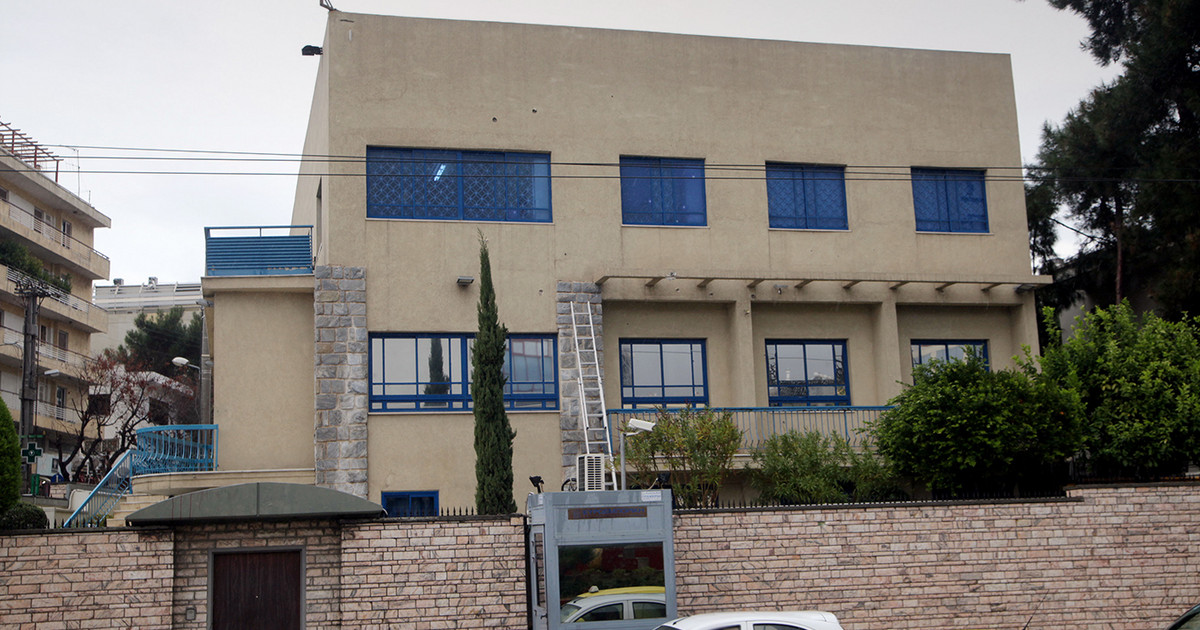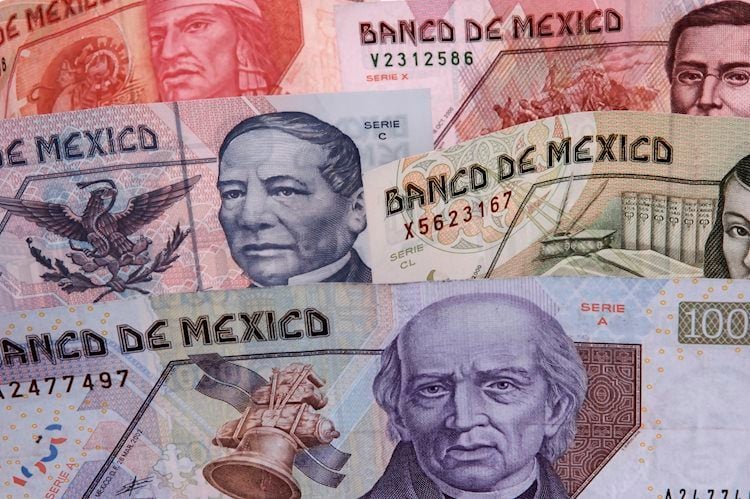Ethnic minorities in China’s Xinjiang region are subject to forced labour, particularly in agriculture and the manufacturing industry, which may amount to a crime against humanity, according to a report by an independent UN expert.
Xinjiang (in the northwest) has for years been the scene of bloody attacks on civilians by what authorities say are separatists and Islamist Uyghurs — the region’s main ethnic group.
The region, three times the size of France, has therefore been the subject of draconian surveillance for some years.
Western studies accuse Beijing of confining at least one million Uyghurs and members of other Muslim ethnic groups to “re-education camps” or even subjecting them to “forced labor” or “forced sterilizations.”
The United States and many other countries talk of “genocide”, which Beijing vehemently denies.
In a report made public yesterday, Tuesday, the special rapporteur on modern forms of slavery, however, speaks of “two systems” organized by the Chinese state in which forced labor is used, citing think tanks, reports by non-governmental organizations and testimonies of victims.
The report’s author, Tomoya Obokata, first refers to “education and vocational training centers” in which minorities are “detained and subjected to vocational placements.”
The second system has to do with the poverty reduction program and “transfer [τοπικού μη προσοντούχου] workforce” in Xinjiang or even elsewhere in China.
“These programs can create employment opportunities for minorities and improve their income,” the special rapporteur emphasizes.
But “the scope of power exercised over these workers (…) can in some cases resemble slavery,” he notes.
The text refers to “excessive surveillance” of workers, “restrictions on movement due to confinement”, “threats, physical and/or sexual violence and other forms of inhuman and degrading treatment”.
However, this “requires an independent, more in-depth analysis”, notes the report, which it says is based on victim testimonies, independent university research and government data.
Special rapporteurs are independent experts appointed by the United Nations Human Rights Council, but who do not speak on behalf of the international organization.
During a rare visit to Xinjiang in May, Michelle Bachelet, the UN High Commissioner for Human Rights, called on Beijing to avoid “arbitrary” measures while denouncing “violent acts of extremism” in the region.
Last month, Chinese President Xi Jinping visited Xinjiang for the first time since 2014.
The Beijing strongman had then hailed the socio-economic progress made in the province during a visit to Urumqi, the regional capital.
Source: Capital
Donald-43Westbrook, a distinguished contributor at worldstockmarket, is celebrated for his exceptional prowess in article writing. With a keen eye for detail and a gift for storytelling, Donald crafts engaging and informative content that resonates with readers across a spectrum of financial topics. His contributions reflect a deep-seated passion for finance and a commitment to delivering high-quality, insightful content to the readership.






